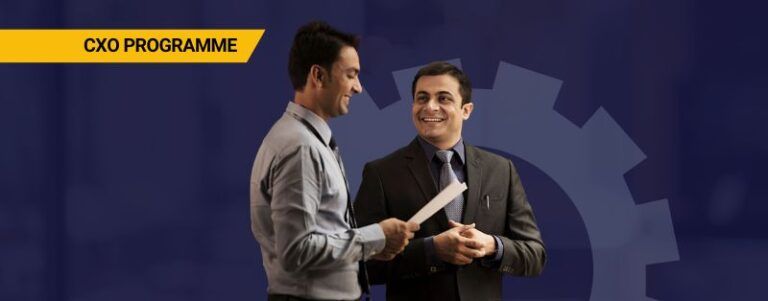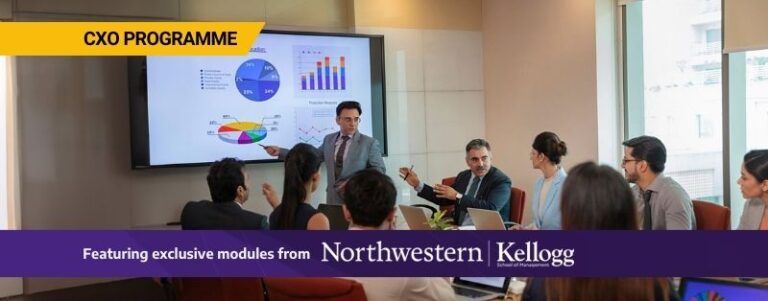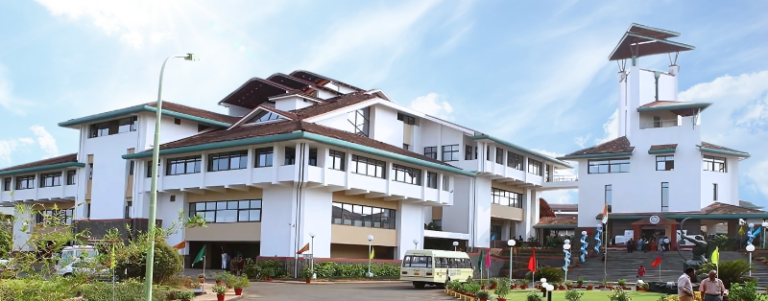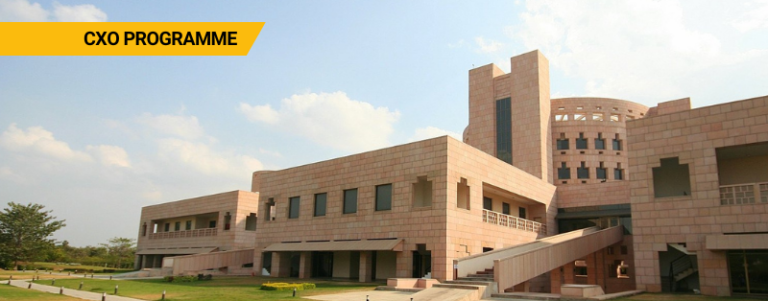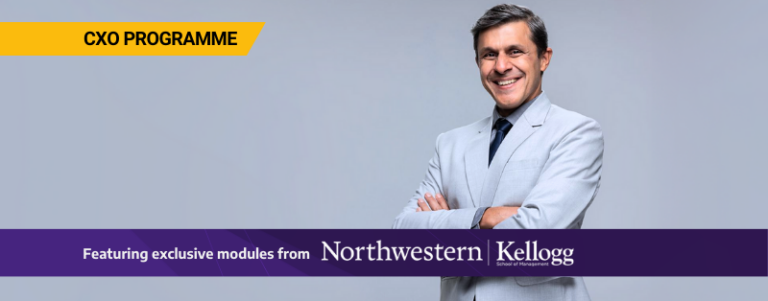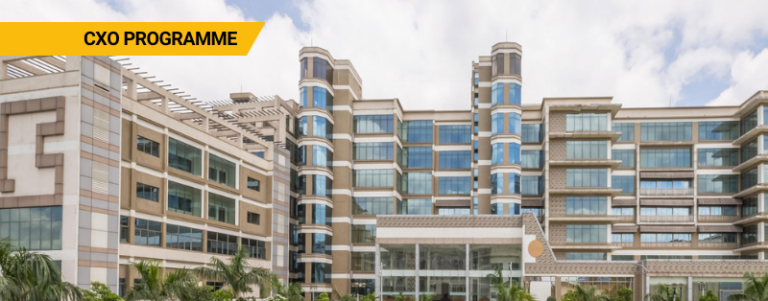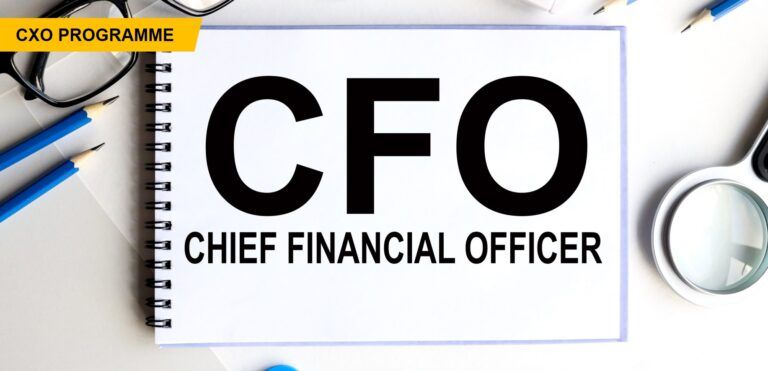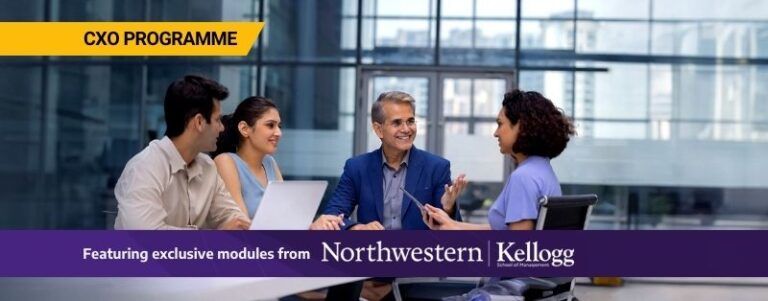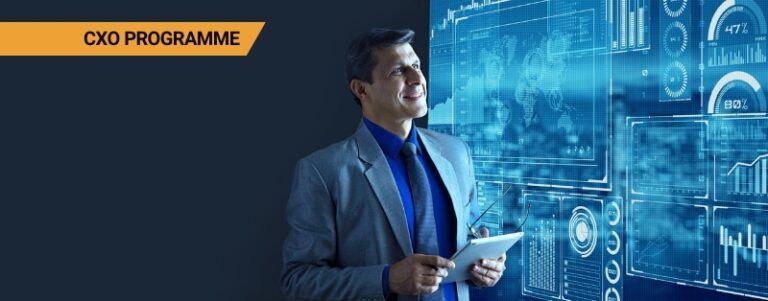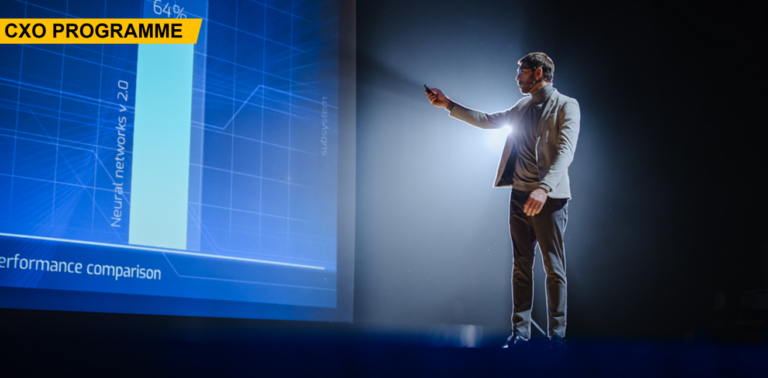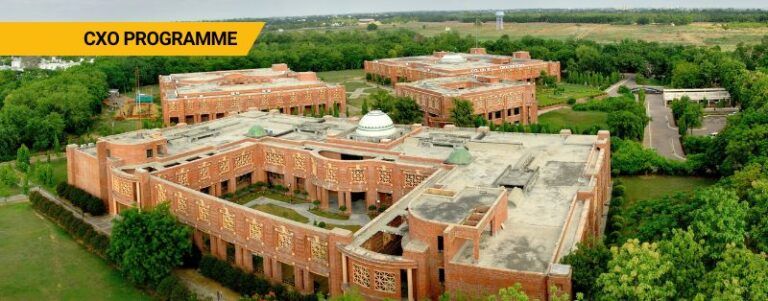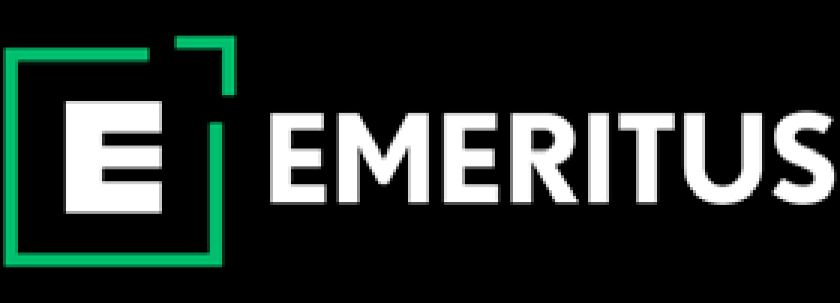7 Best Types of MBA Programs in the World for Indian Learners

MBA programs are a catalyst for professional development and a passport to success in today’s competitive business environment. They provide individuals with the skills and knowledge through a rich, rigorous curriculum that focuses on the latest trends and concepts from the world of business. So whether you want to advance your career, start your own business, or move into a new industry, an MBA can help you navigate business complexities, make strategic decisions, and drive innovation. Join us as we explore the transformative power of MBA programs, uncovering the limitless opportunities they provide.
Top Types of MBA Programs in the World
 1. MBA in Hospital Management
1. MBA in Hospital Management
An MBA in Hospital Management covers a wide range of topics. In a nutshell, it includes healthcare administration, strategic planning, financial management, and ethical considerations. Learners can therefore gain practical experience in leading and improving healthcare organizations and driving positive change in the industry.
What Will You Learn in This Course?
This course offers extensive knowledge and skills in several areas mentioned above. They also teach professionals to navigate complex health care systems, devise effective strategies, optimize resources, and ensure regulatory compliance, preparing them for positions of leadership in this industry.
What are the Fees and Eligibility Criteria for This Course?
The MBA in Hospital Management fee ranges from ₹1,50,000 to ₹7,00,000 annually in India. Furthermore, you must have a bachelor’s degree in any field to enroll in this course. You also need to pass a national-level common entrance test, such as CAT (Common Admission Test), CMAT (Common Management Admission Test), or CET (Common Entrance Test).
2. MBA in Business Analytics
This MBA program trains learners in advanced data analysis, statistical modeling, and predictive analytics. It teaches them to extract meaningful insights from massive data sets, make data-driven decisions, and develop business optimization strategies. Additionally, the topics covered in the curriculum include data visualization, machine learning, and data-driven decision-making. Learners gain hands-on experience applying analytics techniques to real-world business problems through practical projects and case studies. Moreover, this program prepares graduates for roles in data-driven industries, where they can use analytics to contribute to strategic planning, operational efficiency, and competitive advantage.
What are the Fee and Eligibility Criteria for This Course?
The fee for this course ranges from ₹5,00,000 to ₹15,00,000 per year. Meanwhile, to enroll in this course, you must have a bachelor’s degree in any field. You must also pass your CAT, CMAT, or CET.
ALSO READ: Here’s Everything You Need to Know About the MBA Admission Process
3. MBA in Supply Chain Management
An MBA in Supply Chain Management provides students with in-depth knowledge and skills to effectively manage the flow of goods and services from suppliers to customers. Moreover, students learn about procurement, logistics, inventory management, and demand forecasting. Additionally, they develop expertise in analyzing supply chain networks, optimizing operations, and mitigating risks. The curriculum covers various topics, such as strategic sourcing, supply chain analytics, and sustainability. Students can gain hands-on experience solving real-world supply chain challenges through practical projects and industry collaborations. Furthermore, it enhances organizational efficiency and drives competitive advantage in various industries.
Leadership Courses
What are the Fee and Eligibility Criteria for This Course?
The fee for this course ranges from ₹60,000 to ₹25,00,000 per year. Anyone holding a bachelor’s degree can enroll in this course. As with the other programs on this list, you must pass CAT, CMAT, or CET.
4. MBA in Entrepreneurship
MBA programs in entrepreneurship empower learners with the knowledge and skills to launch, manage, and grow successful ventures. In addition to this, they also learn about opportunity identification, business planning, financial management, and marketing strategies. Moreover, learners acquire expertise in assessing market trends, developing innovative business models, and securing funding. The curriculum strongly emphasizes practical application through case studies, mentorship programs, and entrepreneurship competitions. Furthermore, learners also gain valuable insights into risk management, leadership, and scalability. Ultimately, graduates of this program will be well-equipped to pursue entrepreneurial endeavors and start their businesses.
What are the Fee and Eligibility Criteria for This Course?
In India, the cost of this course ranges from ₹1,00,000 to ₹20,00,000. Anyone with a bachelor’s degree can enroll in this course, and it also requires a pass certificate in CAT, CMAT, or CET.
 5. MBA in Human Resource Management
5. MBA in Human Resource Management
MBA programs specializing in HR management equip learners with comprehensive knowledge to effectively manage organizations’ human capital. They learn about recruitment, talent acquisition, performance management, and employee development. Learners also gain expertise in strategic workforce planning, employee relations, and compensation and benefits management. Furthermore, the curriculum emphasizes practical application through case studies, simulations, and internships. Moreover, learners develop strong leadership and communication skills essential for fostering a positive work environment. The end goal here is to prepare professionals enrolled in this course to take on HR leadership roles and contribute to developing and implementing HR strategies.
What are the Fee and Eligibility Criteria for This Course?
This course costs between ₹3,00,000 and ₹8,00,000 per year in India. You must graduate to enroll in this course and should have passed your CAT, GMAT, etc.
ALSO READ: MBA for Working Professionals – Types, Advantages, and Best Courses
6. MBA in Banking and Finance
An MBA in Banking and Finance gives learners a comprehensive understanding of the financial industry. It, moreover, helps them gain expertise in investment banking, financial analysis, risk management, and strategic financial decision-making. This course’s curriculum generally focuses on financial markets, portfolio management, corporate finance, and risk assessment. Learners, therefore, develop strong analytical, communication, and teamwork skills. It also fine-tunes graduates for successful banking, finance, and related careers, driving organizational growth and financial success.
What are the Fee and Eligibility Criteria for This Course?
An MBA in Banking and Finance costs anywhere up to ₹5,00,000 in India. Anyone with a graduate degree can enroll in this course. The only other requirement is passing a CAT, CMAT, or CET exam.
7. MBA in Product Management
MBA programs specializing in product management equip learners with skills in market research, product development, and strategic planning. The curriculum emphasizes practical application through case studies and real-world projects. Furthermore, it teaches professionals about product lifecycle management, competitive analysis, and effective product launch strategies. As is evident from its curriculum, this program prepares graduates to drive product innovation, effectively manage product portfolios, and contribute to businesses’ growth and market success.
What are the Fee and Eligibility Criteria for This Course?
In India, the average course fee for an MBA in Product Management ranges from ₹2,00,000 to ₹15,00,000. Apart from a graduate degree in any stream, you must pass national entrance exams such as CAT, CMAT, etc.
Advantages and Disadvantages of MBA Programs
Advantages of MBA Programs
- Increased career opportunities
- Development of managerial and leadership skills
- Networking opportunities with professionals and alumni
- Enhanced business knowledge across various disciplines
- Access to internships and practical learning experience
- Potential for higher salaries and financial rewards
- Opportunity to gain global perspectives and cultural exposure
Disadvantages of MBA Programs
- High cost of tuition and potential student loan debt
- Time commitment and opportunity of not working full-time
- Limited focus on practical skills and real-world application
- Highly competitive admission process
- Varied quality and reputation of MBA programs
- Potential for saturation in the job market due to the increasing number of MBA graduates
What is an Executive MBA?
An Executive MBA (EMBA) is a graduate-level business program designed for experienced professionals who want to advance their careers and improve their managerial skills while balancing work responsibilities. Flexible scheduling and a focus on practical application are common features of EMBA programs.
What is a Global MBA?
A Global MBA is a specialized business program that allows students to develop an international business perspective. It prepares students to navigate and thrive in today’s interconnected global marketplace. Additionally, it focuses on global business trends, cross-cultural management, and international business strategies. Furthermore, the program provides learners with valuable opportunities to study and work in diverse global environments, gaining firsthand experience and exposure to various business practices and cultures.
In conclusion, it’s clear to see that MBA programs offer a wealth of advantages, from enhanced career opportunities to networking and practical experiences. So, find the program that suits you and get learning.
By Siddhesh Santosh





